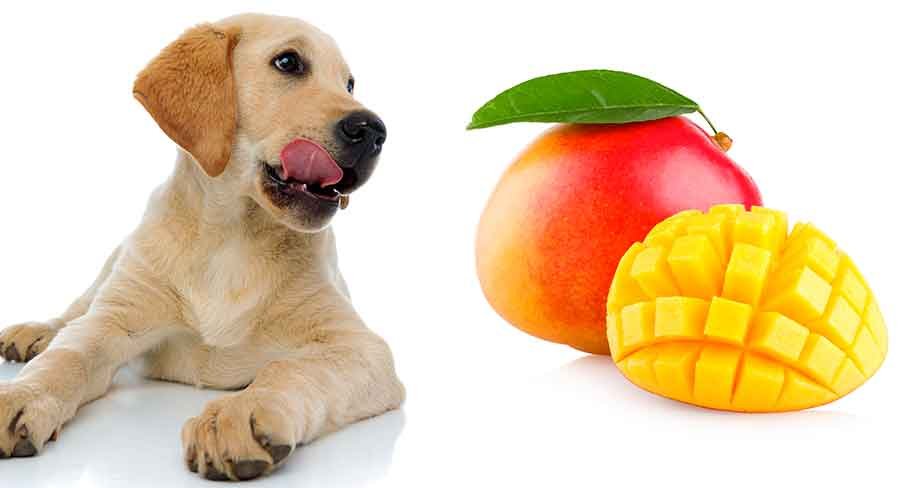Can I Give Maaza (Mango) Drink to my dog? It’s normal for a dog owner to want to exchange joyful experiences and rewards with their canine companion. When it comes to giving food that humans consume to dogs, however, it is critical to consider their specific dietary demands as well as potential hazards.
Table of Contents
Maaza, a pleasant mango beverage popular among many, is one trendy drink that may attract your eye.
Can you, however, offer Maaza (Mango) to your dog? In this blog post, we’ll look into this subject and provide you with the facts you need to make a knowledgeable choice about your dog’s nutrition. So let’s get started and see if Maaza is a safe and appropriate treats for your cherished canine buddy.
Understanding Dog Nutritional Needs
| Nutrient | Function | Sources |
|---|---|---|
| Protein | Builds and repairs body tissues, supports immune system | Meat, fish, poultry, eggs, legumes |
| Fats | Provides energy, supports healthy skin and coat, aids nutrient absorption | Animal fats, plant oils, fish oil |
| Carbohydrates | Provides energy, aids digestion | Whole grains, vegetables, fruits |
| Vitamins | Essential for various bodily functions | Fruits, vegetables, organ meats |
| Minerals | Important for bone health, nerve function, and more | Meat, fish, dairy, fruits, vegetables |
| Water | Vital for hydration and proper bodily functions | Fresh, clean water |
Before we can evaluate whether Maaza is safe for dogs, we must first understand their dietary needs. Dogs have different nutritional requirements than humans. Their diet should be high in quality proteins, appropriate fats, and carbohydrates in reasonable amounts. A balanced diet is essential for their general health and well-being.
Maaza (Mango) Drink Ingredients

Maaza is a mango-flavored drink made using mango pulp, water, sugar, acidity regulators, and other ingredients. While mangoes are a natural and healthful fruit, Maaza cannot be stated to be. If ingested in excess, the drink’s added sugars and acidity regulators may be harmful to your dog’s health.
Also Read: 10 Tips for Leaving Dogs on a Terrace Safely
Sugar Contamination and Acidity Regulators
The high sugar content of Maaza and other fruit juices is a major source of worry. Excess sugar consumption in dogs can result in weight gain, dental problems, and even diabetes. Furthermore, the acidity regulators used in these drinks may alter your dog digestive system’s delicate balance, perhaps causing gastrointestinal pain, diarrhea, or other digestive disorders.
The Dangers of Giving Dogs Maaza (Mango) Drink
While tiny amounts of Maaza or other juices made from the fruit may not hurt your dog right away, it is vital to exercise caution. Sugary drinks, such as Maaza, can cause excess weight, contribute to dental issues, and potentially increase the chance of developing chronic health disorders in your dog. Furthermore, the acidity regulators in these drinks may be harmful to your dog’s digestive system, causing discomfort and stomach trouble.
Safer Treat Alternatives
| Safer Juice Treat Alternatives | Benefits |
|---|---|
| Watermelon juice (unsweetened) | Hydrating, rich in vitamins A and C |
| Blueberry juice (unsweetened) | Hydrating contains electrolytes |
| Carrot juice (unsweetened) | High in beta-carotene, promotes eye health |
| Pumpkin juice (unsweetened) | Good source of fiber, aids digestion |
| Coconut water (unsweetened) | Good source of fiber aids digestion |
| Bone broth (unsalted) | Supports joint health, rich in nutrients |
| Diluted apple juice (unsweetened) | Contains vitamins and minerals, but use sparingly |
Instead of offering your dog Maaza, explore alternative goodies that are both safe and helpful to them. Dogs can eat a variety of fruits in a responsible manner, including tiny pieces of fresh mango.
However, it is critical to remove the pit and peeling and to keep your dog from eating too much fruit. Plain, unsweetened yogurt, small bits of cooked chicken or turkey, or specialist dog treats developed to match their nutritional needs are all appropriate snacks for dogs.
Consultation with a Veterinarian
To guarantee your pet’s safety, always consult with your veterinarian before introducing any new foods or treats into their diet. Your veterinarian can give you specialized guidance based on your dog’s dietary needs, age, breed, and any underlying health conditions. They can advise you on appropriate treats and assist you in making informed decisions about your dog’s nutrition.
Conclusion
While it may be attractive to share whatever you like with your dog, such as Maaza (Mango) drink, it is critical to emphasize how well they are doing. Juices containing high levels of glucose and acidity regulators, such as Maaza, can be detrimental to dogs if consumed on a regular or significant scale.
Instead, choose safer alternatives and speak with a veterinarian to verify that the food your dog consumes is well-balanced and meets their individual needs. You may maintain your four-legged pal healthy and happy for years to come by making informed decisions.

